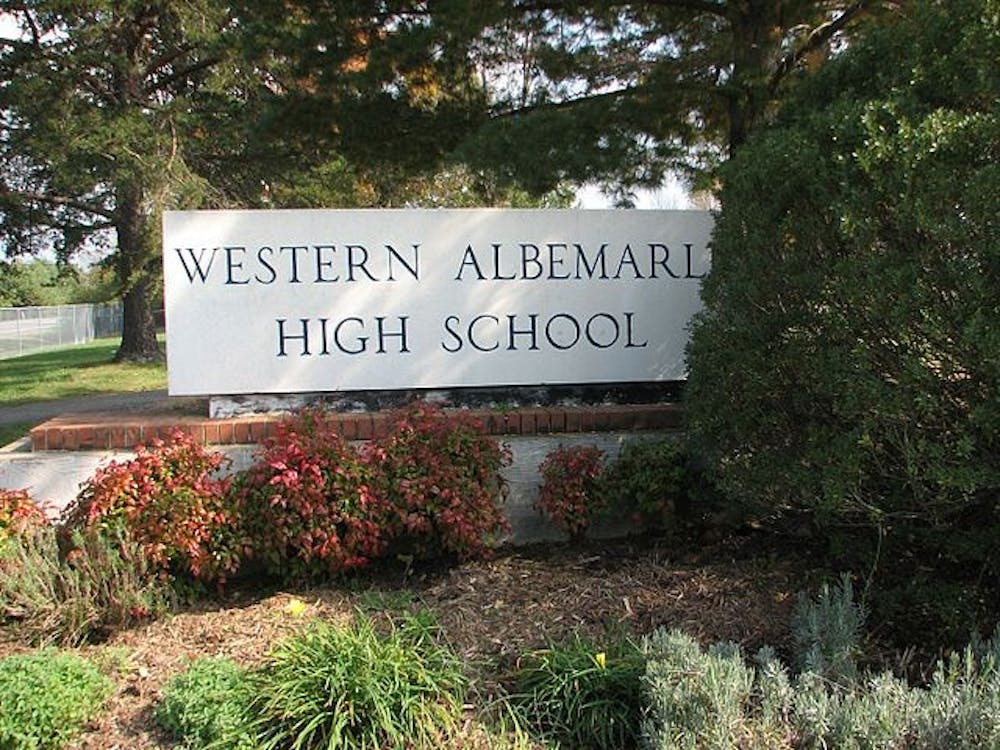In recent years, there seems to have been more efforts to educate and address the many facets of inequity that face the University, the Charlottesville community and the nation at large. Whether they have been successful or not is another matter, however. For instance, in 2019, Albemarle County Public Schools adopted an anti-racism policy, which involves a plan to research and address the socioeconomic disparities present in student academic performance, participation and achievement in the county. Most importantly, however, the adoption of this policy serves as an example of the Participatory Action Research method, which is not only highly effective but also unique in the way that it includes participants in research. This method could serve to combat social injustice in the University community, as it offers the opportunity for those who are affected by policies to help to make them.
Participatory Action Research is a research method “centered on the belief that those who are most impacted by research should be the ones taking the lead,” according to Carleton College. Essentially, PAR engages those that the projects will be affecting in the research itself. While PAR has been around for several decades, it is often neglected because only those who have more education and formal training are thought to be the experts. In particular, young people tend to think they have little control over policies that affect them, and are usually sidelined by adults who want to implement their own solutions. However, this ideology has and continues to lead to problems of co-opting, insensitivity and downright backfiring results because these leaders lack connections to the communities that they are trying to impact. PAR should be systematically implemented at the University, as well as taught and practiced in secondary schools throughout Charlottesville, because of its benefits and its deeper impact on those involved.
Some believe research should be done by outsiders to avoid in-group bias, but there is also bias when those without direct ties do all the research and decision-making. Anthropology was founded on the notion that, white people would be best equipped to study the cultures — or lack thereof, as they saw it — of people of color. Consequently, the field largely justified the idea of white supremacy for much of its history. A more recent example can be seen in the policies implemented after the rise of school shootings. Research failed to take into account the racism embedded in gun laws. So, even though the shooters were young white men at all of the highly publicized school shootings, responding policies disproportionately affected BIPOC students because of this connection between gun regulations and suppressing people of color. In both of these examples, if the groups being affected by these publications and policies would have been included, perhaps these misinterpretations would not have occurred.
PAR suggests that the participants know just as much — perhaps even more — as researchers. For instance, the Albemarle Anti-Racism Policy was constructed through PAR — eight county high school students and a University consultant were key players in the first steps to researching curriculum, tracking methods and school division data. Moreover, there are high school students on the Student Equity Advisory Team who provide feedback and further research with a participant perspective. In the University community, where self governance is fundamental, it only makes sense that research and implementation should involve evaluation from those who will be affected most by it.
Besides mitigating stereotypes and giving participants — specifically students — a voice in the policies that affect them, implementing a PAR method also discourages co-opting, which is often defined as taking another person’s ideas or plans, especially using them in different ways than originally intended. With other research methods — such as interviews or surveys — participants may encounter interpretation barriers or limitations to their input. Deciding what is the most significant part of the data, then, is left to the researcher who always holds the power to perceive the data as they wish. PAR allows participants to be in direct contact with researching, leading and implementing these plans, and because there is no middle man, nothing should get lost in translation.
With more Participatory Action Research, self governance would be further democratized. If systematically implemented in regards to pressing issues such as the payment of student leaders, requests for buildings to be renamed or climate change efforts, PAR could shift advocacy at the University, and perhaps in other communities as well. In other words, those whom these issues affect the most would have a direct say in what is researched and implemented. For instance, if students partnered with organizations such as the Descendants of Enslaved Communities to work on a project to commemorate the neglected African American cemetery and the Kitty Foster site on Grounds, there would be two very important perspectives working together with no middle man — namely, the University — to co-opt research to match their own goals.
This is not necessarily new information, as this method of research has existed long before I became a student at the University and continues to evolve at the University. However, there is work to be done, and the benefits of it being done by participants with a purpose rather than administrators with an agenda are overwhelming. Everyone should be contributing to social equity, but for some with personal ties, it is not a hobby nor an assignment — it is their lives. Participants have a unique combination of experience and evidence, and I encourage it to be used in any way that furthers the efforts toward equity.
Shaleah Tolliver is the Senior Associate Opinion Editor for The Cavalier Daily. She can be reached at opinion@cavalierdaily.com.
The opinions expressed in this column are not necessarily those of The Cavalier Daily. Columns represent the views of the authors alone.







